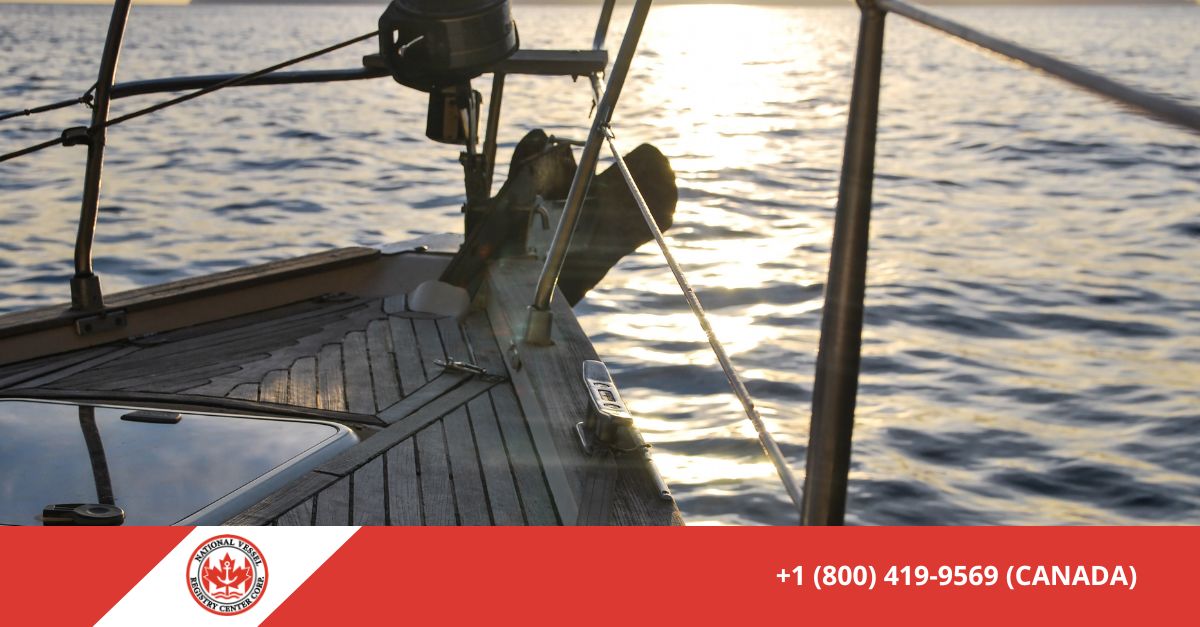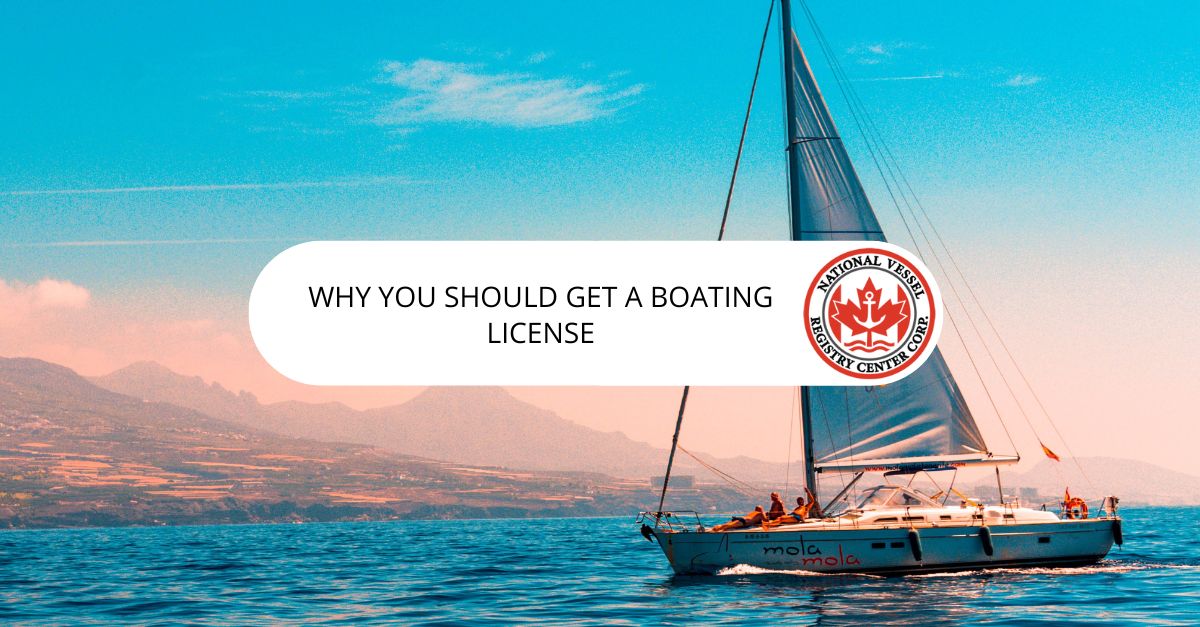If you own a boat in Canada, you must have a solid understanding of the laws and guidelines governing boating. To operate a watercraft in Canadian waters, you need to have a boating license, which is a need that may not be immediately clear to some people. It is not only needed by law in certain areas but may also be handy if you ever need to take your boat out on the water. If you live in a province with such a rule, it is highly recommended that you comply with it. Here are a few of the most compelling arguments in favor of earning your boating license:
Law in Some Provinces requires it.
Everyone on the boat is counting on you to make sound judgments while on the water. If you’ve never applied for a license before, just looking at the laundry list of requirements might make you feel overwhelmed. Navigational regulations, light and signal regulations, and climate regulations all exist. All of that information is vital to the well-being of everyone on board, but it may be overwhelming without proper organization. Choosing the boat you will be piloting is the first order of business. For instance, whether your boat has an inboard engine can affect which handbook you use.
It will also guide your search for the appropriate boating license. A motorboat license is required for any vessel with an inboard engine, a sailboat license is required for any vessel propelled by means other than an inboard engine, and a personal watercraft (PWC) license is required for any vessel less than seven meters in length that lack a sail and are capable of speeds greater than 32 kilometers per hour (20 knots). Then familiarize yourself with the sections of the guide that are most relevant to your boat.
The Boating License Test Covers Important Topics like Safety And Navigation
Boating is a potentially hazardous activity, as we all know. You are in a dangerous situation since you are running a massive piece of equipment on a body of water that already presents several dangers. To ensure your and others safety on the water, familiarizing yourself with the relevant legislation is essential. You will learn how to prevent accidents with other boats and objects, how to read tides and currents, what to do in the event of a problem or accident, and even how to make basic repairs to your boat as part of getting your boating license. This information is crucial for your safety, whether you’re a novice boater or haven’t driven a boat in a while. Licensed boaters are safer on the water and less prone to cause incidents. Getting a boating license might help you avoid higher insurance rates and penalties for infractions.
A Boating License Can Help You Avoid Fines If You’re Stopped by the Coast Guard or Other Authorities
Those with experience in the water highly recommend a boating license. Doubts may appear, after all, what extra rule is this? However, if you are caught boating without a license, it might cost you a lot of money. There’s a part of you that wonders how much trouble it would be to cruise out for a little while and see what happens. But then something occurs and you realize you don’t have a boating license yet and so you will face the consequences.
Surely the United States does not have coast guard vessels monitoring every lake and river? There are, though. The whole weight of the law may be brought down upon you if you are caught without the proper identification, just as there are bike police on main thoroughfares and undercover officers at concerts and schools.

It’s A Great Way to Prove That You’re Knowledgeable About Boat Safety and Operation
Your fear of boats may be justified if you’ve never been on one. A basic boating license may demonstrate that you know the regulations and procedures for operating a watercraft, regardless of your experience with sailing or small motorboats (even if it’s six years’ worth). This information might benefit getting boat insurance, financing, or even just renting a boat. Boats are a significant investment. Therefore it’s prudent to be well-prepared before buying one.
Getting a boating license proves that you’ve studied boating safety, operation, weather conditions, and rules if you want to avoid making expensive errors on the water. This may save you money in the long run by preserving your investment and keeping you out of problems with law enforcement personnel patrolling near the lake or ocean where your boat is anchored.
By getting a boat license, you’re showing that you’re responsible enough to follow the rules set by the government; it’s also a way for the government to hold boaters accountable for their actions on the water. If you’re interested in obtaining a boating license, contact the National Vessel Registry Center at +1 (800) 419-9569 for more information.

